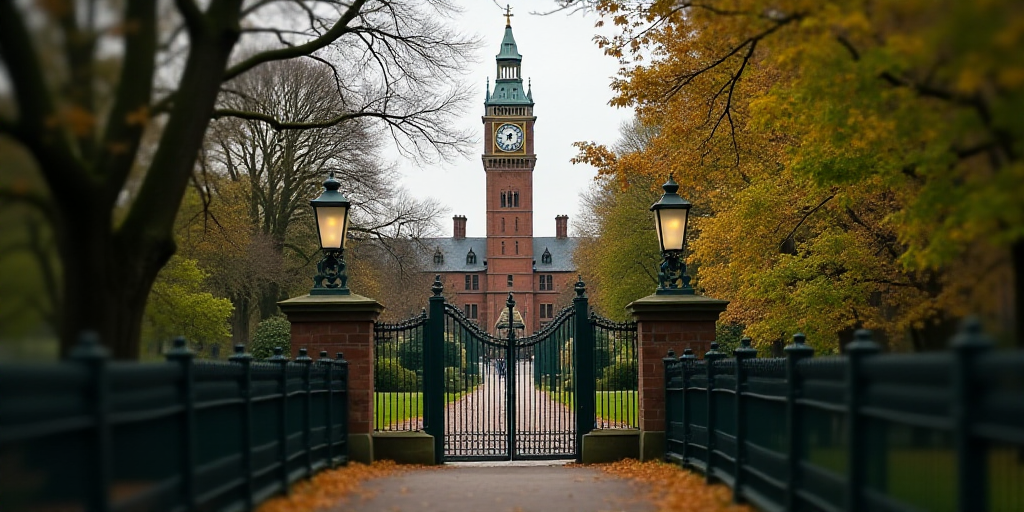Background on the Situation
The U.S. government, under President Donald Trump, has taken a controversial step by revoking Harvard University’s ability to enroll foreign students for the 2025-2026 academic year. This decision stems from allegations that Harvard coordinated with the Chinese Communist Party and created an unsafe environment for Jewish students.
Key Players and Their Roles
- Mao Ning: Spokesperson for China’s Ministry of Foreign Affairs, who stated that China will protect its students’ and scholars’ legitimate rights and interests.
- Kristi Noem: Secretary of Homeland Security for the United States, who announced the removal of Harvard’s exchange student and visitor program certification.
- Harvard University: An elite Ivy League institution in Cambridge, Massachusetts, which has a significant number of Chinese students and labeled the action as “illegal.”
China’s Response and Implications
In response to the U.S. decision, China’s Ministry of Foreign Affairs emphasized that the Trump administration’s move would only harm America’s international image, credibility, and reputation by excluding foreign students.
Mao Ning, the Ministry’s spokesperson, highlighted that educational cooperation between China and the U.S. benefits both countries. He further stated that China aims to safeguard its legitimate rights and interests, as well as those of its students studying abroad.
The implications of this decision have left Chinese students at Harvard uncertain about their future in the U.S., with some contemplating legal advice and alternative living arrangements to avoid potential deportation.
“Refugees of Harvard”: Chinese Students Brace for the Ban
As news of the ban spread, Chinese students at Harvard began canceling flights back home and seeking legal counsel regarding their status in the U.S. The order, which claims Harvard’s coordination with the Chinese Communist Party among other accusations, forces current foreign students to transfer to other institutions or risk losing their legal status.
Harvard has strongly condemned the action, asserting its commitment to educating foreign students. Chinese students constitute a significant portion of Harvard’s international student body, with around 277,000 Chinese students in the U.S. in 2024 compared to a high of approximately 370,000 in 2019.
Student Reactions and Concerns
Zhang, a 24-year-old Chinese doctoral student in Physics at Harvard, expressed concern about the heightened scrutiny and potential legal battles ahead. He mentioned that some friends advised him to find alternative living arrangements should tensions escalate, fearing possible intervention by U.S. Immigration and Customs Enforcement (ICE).
Many Chinese students share Zhang’s worries about visa situations and internship prospects, although some remain optimistic that Harvard will prevail in any legal disputes.
Key Questions and Answers
- What is the issue? The U.S. government, under President Trump, has revoked Harvard University’s ability to enroll foreign students for the 2025-2026 academic year due to allegations of coordination with the Chinese Communist Party and creating an unsafe environment for Jewish students.
- How are Chinese students reacting? Many Chinese students at Harvard are seeking legal advice and alternative living arrangements due to uncertainty about their status in the U.S.
- What is China’s stance? China’s Ministry of Foreign Affairs has stated that they will protect their students’ and scholars’ legitimate rights and interests, emphasizing the mutual benefits of educational cooperation between China and the U.S.
- What are the implications for Chinese students in the U.S.? The number of Chinese students in the U.S. has decreased from around 370,000 in 2019 to approximately 277,000 in 2024, partly due to growing tensions between the world’s two largest economies and increased U.S. scrutiny of Chinese students.






